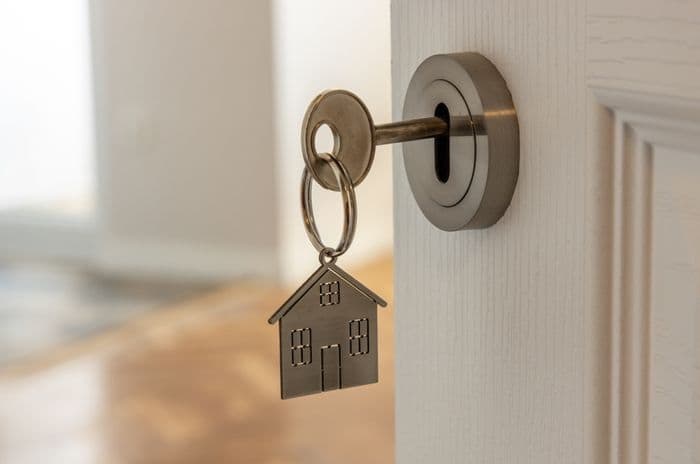Home > Money > News > Why is renting a home so expensive?
Why is renting a home so expensive?
THIS week saw the publication of two sets of statistics on the cost of renting a home.

On Monday, the Office for National Statistics released figures showing rental prices across Britain rose by an average of 1.0% in the past year.
Shelter has also released their own research suggesting that rental prices were up by 2.8%, equivalent to £297 a year for the average tenant.
Both sets of figures are a bitter pill for the thousands of renters who are seeing costs - and competition for decent housing - increasing faster than their incomes.
Why the discrepancy?
It must be noted that Shelter's figures are based on statistics comparing the period of October 2010 to September 2011 with October 2011 to September 2012.
The ONS figures are much more recent, looking at the change in prices from a year previously for every month from January 2012 up to September 2014.
Their figures for the same periods that Shelter looked at give a 1.2% increase for the year up to October 2011, and a 1.5% increase for 2012.
And the ONS take in a few more sources than Shelter, which relies on adjusted rental statistics from England's Valuation Office Agency.
How did we get here?
Over the past three decades there has been a steady decline in social housing, partly as a result of the launch of the right-to-buy scheme in the 80s, and partly as local authorities sold off stock to private concerns.
Despite this, throughout the 1980s and 1990s, the proportion of households in the private rented sector stayed firmly around 10%.
But then in more recent years the buy-to-let market exploded, while house prices shot up.
Even during the financial crisis prices stayed far higher than many people could easily afford - keeping out many potential buyers while forcing out others who could no longer meet repayments.
As a result, there's been a squeeze on the number of properties available to rent, and the ensuing competition means prices have gone up.
The knock-on effects
The Government's English Housing Survey says private renters spend 40% of their weekly incomes just on housing costs.
In every region of England average rents are higher than paying a mortgage, even taking home maintenance into account.
Renters pay an average of £75 a month more than homeowners, but typically earn less. That means they've less to put aside for emergencies, never mind a deposit on a home.
Some 55% of renters want to become homeowners but don't think they'll ever be able to afford it, and 35% think it'll take more than a decade for them to save enough for a deposit.
Many tenants in jobs with low or average pay are priced out of the mortgage market completely.
Shelter say two thirds of private renters - some five million people - can't afford to save anything towards a deposit, an increase of 13% in the past two years.
The organisation's Campbell Robb says that means far too many people face "a lifetime of moving from one unstable and expensive rental property to the next."
Meanwhile, in August this year Citizens Advice Cymru and Shelter Cymru published figures showing that more than half of people struggled to meet mortgage or rental payments, with 18% struggling constantly, up from 12% a year previously.
That worry was leading nearly half to consciously cut back on energy consumption, and more than a third to spend less on groceries.
At the same time, Shelter said one in three working parents was cutting back on food spending to be able to cover their rent or mortgage.
And there's a darker side than the landlord being able to demand higher rent knowing someone will pay it.
With so many people looking for a place they can afford, housing charities says there are plenty of examples of landlords who see little incentive to put up with a tenant who complains about maintenance or upkeep issues.
What's being done?
Proposals to improve the current rental market include regulating both letting agents' fees and rent increases, schemes to license landlords, and longer and more stable standard tenancies.
Citizens Advice [pdf] say there is widespread agreement about the cause of the problem - demand that seriously outstrips supply.
They have called for a shift in focus from buy-to-let, to build-to-rent.
And in a recent speech, Tim Morton of Shout, a cross-party volunteer campaign for social housing, said there needed to be "at least 200,000 new homes a year, and half of those have to be for social rent whether built by councils or housing associations."
But in the meantime that leaves millions in a "rent trap" with little chance of getting out.
Receive consumer updates that matter in our newsletter
Receive consumer updates that matter in our newsletter

We are independent of all of the products and services we compare.

We order our comparison tables by price or feature and never by referral revenue.

We donate at least 5% of our profits to charity, and we aim to be climate positive.
Latest News

26 October 2022
Cost of living showing worrying trends in affordability
16 June 2022
FCA warn lenders on cost of living difficulties


